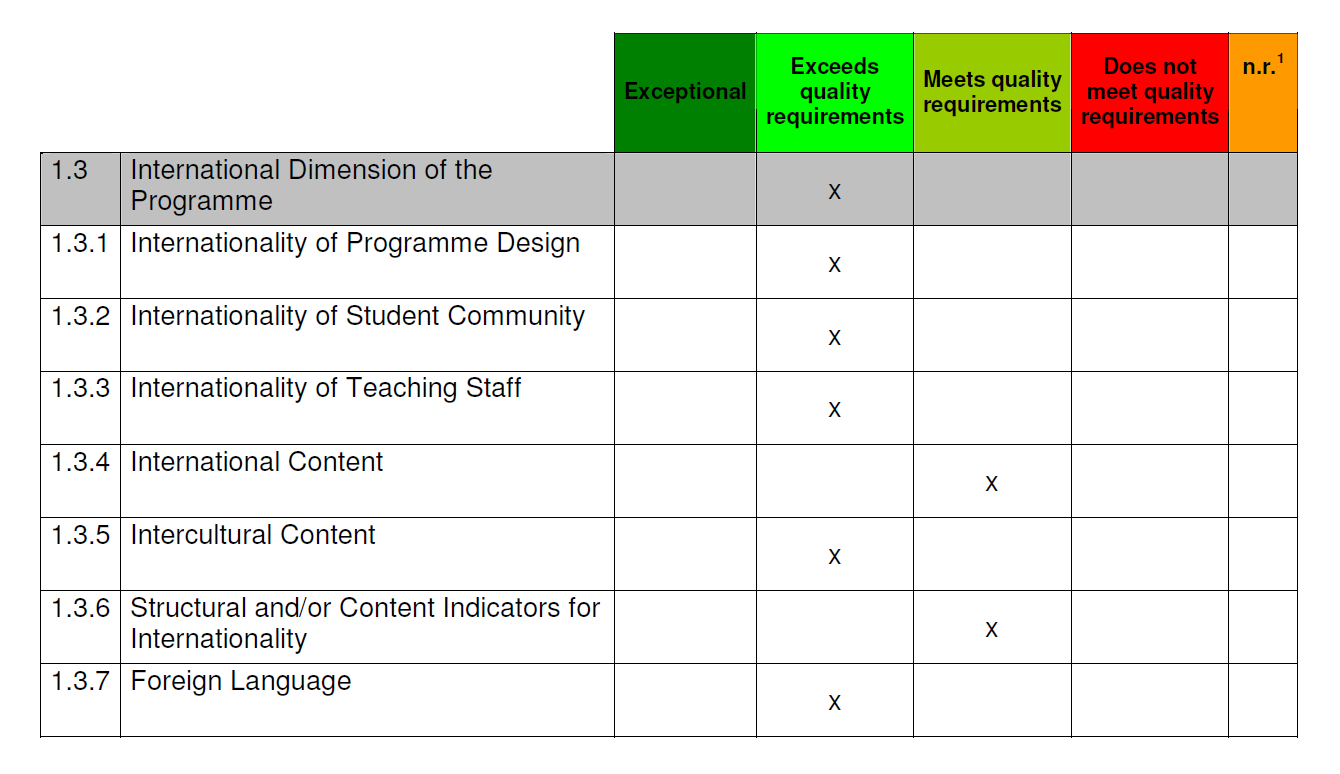We offer all Wittenborg students the opportunity to learn a second foreign language.
- Dutch (offered as part of the undergraduate, and also 3x a year in 'intensive weeks for postgraduate students)
- German (undergraduate students)
- Spanish (undergraduate students)
- French (undergraduate students)
- Chinese (with a minimum cohort of 10 students required)
- Russian (with a minimum cohort of 10 students required)
All Wittenborg students should be fluent in at least two languages, the lingua franca being English. This makes foreign languages an interesting challenge for both student and teacher.
Each language is offered twice a year starting at the beginning of the winter or summer term, in three different levels: beginners, intermediate and advanced, depending on student registration.
The language module covers three complete blocks, in contrast to normal business administration modules. This means that if a student was to enter the programme mid-term (in Blocks 2/3 or 6/7), they have to wait until the start of the next term to begin their foreign language studies. Students can actually choose to follow three beginner’s modules rather than all three levels in one language; however, students cannot compensate credits by following 3 beginner modules.
Apart from the obvious aims of the foreign language modules, which are to reach a skills and competency level in that language equivalent to levels described in the Common European Framework Reference for Languages, these subjects also function as part of the business programme with the aim of introducing students to the concepts of learning a foreign language in relation to their studies and also their careers.
Foreign language learning is seen as competency and skills development, part of the personal development area of the programme.
FIBBA Accreditation :
:
"The use of English in the programme is comprehensive. It stands at 100% of the workload and students may also learn a third language as well, which underlines the international employability of graduates. In the view of the panel, this extensive use of languages within an undergraduate economics programme exceeds quality requirements."